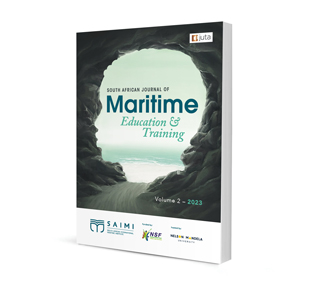Staring into voidness — Courts grapple with arbitration clauses in tainted contracts

Staring into voidness — Courts grapple with arbitration clauses in tainted contracts
Author: Saleem Seedat
ISSN: 1996-2177
Affiliations: Extraordinary Research Fellow, Faculty of Law, North-West University
Source: South African Law Journal, Volume 141 Issue 1, p. 143-168
https://doi.org/10.47348/SALJ/v141/i1a7
Abstract
Arbitration has a noble lineage that stretches back into time. It has evolved from a simple attempt to resolve disputes in the presence of a local authority to a more technical presentation before an independent arbiter. In South Africa, arbitrations have statutory recognition. This article focuses on an arbitration clause that is embedded in a substantive agreement where the agreement was induced by fraudulent misrepresentation by a party to the agreement. The general principles of the law of contract would dictate that fraud makes the contract voidable at the instance of the innocent party. But our courts have equivocated in deciding whether the tainted contract also besmirches the arbitration clause. While earlier decisions confirmed the autonomy of the arbitration clause, two judgments of the Supreme Court of Appeal (‘SCA’) in particular held that the arbitration clause foundered with the main agreement. The article argues that the SCA’s findings were misconceived and suggests that the SCA’s reluctance to allow arbitrators to decide on the validity of an arbitration clause in a contract instigated by fraud is incorrect. It is argued that consonant with international practice, an arbitration clause should be considered a clause separate from the main agreement that will not be affected by the invalidity of the main agreement. A subsequent SCA decision recognised the primacy of an arbitration clause incorporated into an agreement. The article also proffers the possibility of reading into a contract a tacit term that all disputes arising from the main agreement will be arbitrated.

